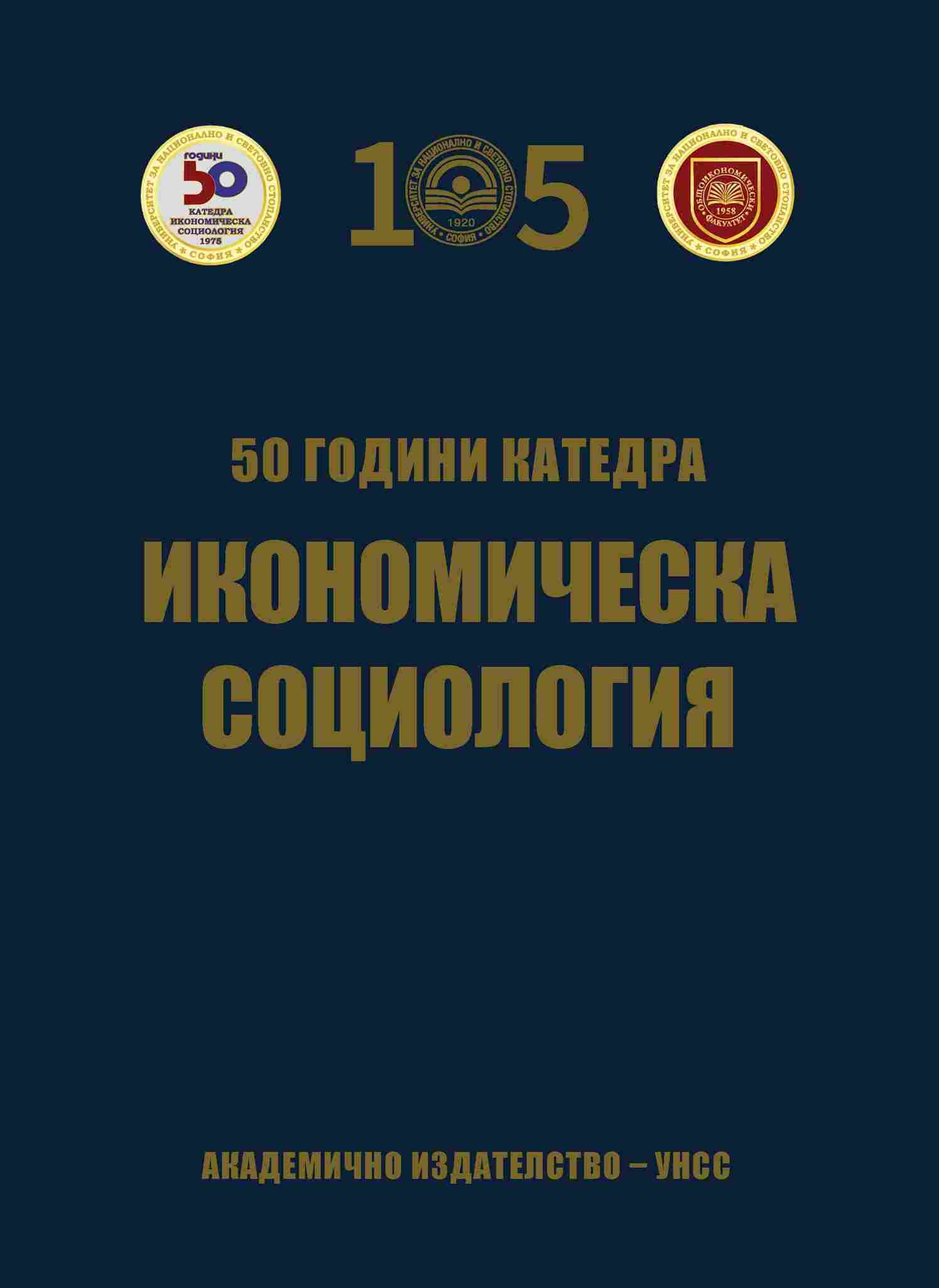
Impact of the Common Agricultural Policy Funds on the Development of the Agricultural Sector, Case Study Romania – Bulgaria
Romania and Bulgaria are the only European Union member countries for which there was only one treaty upon accession. Thus, joining at the same time, we can consider that the starting point was common, since 2007 projects from European structural and investment funds have been attracted and implemented. The present research aims to identify the implications that European funds granted under the Common Agricultural Policy have had on the two agricultural sectors in the Romania- Bulgaria comparative analysis. or this purpose, data from European and international databases on European structural and investment funds attracted will be used, as well as result indicators that will measure the performance and competitiveness of the agricultural sectors.
More...

